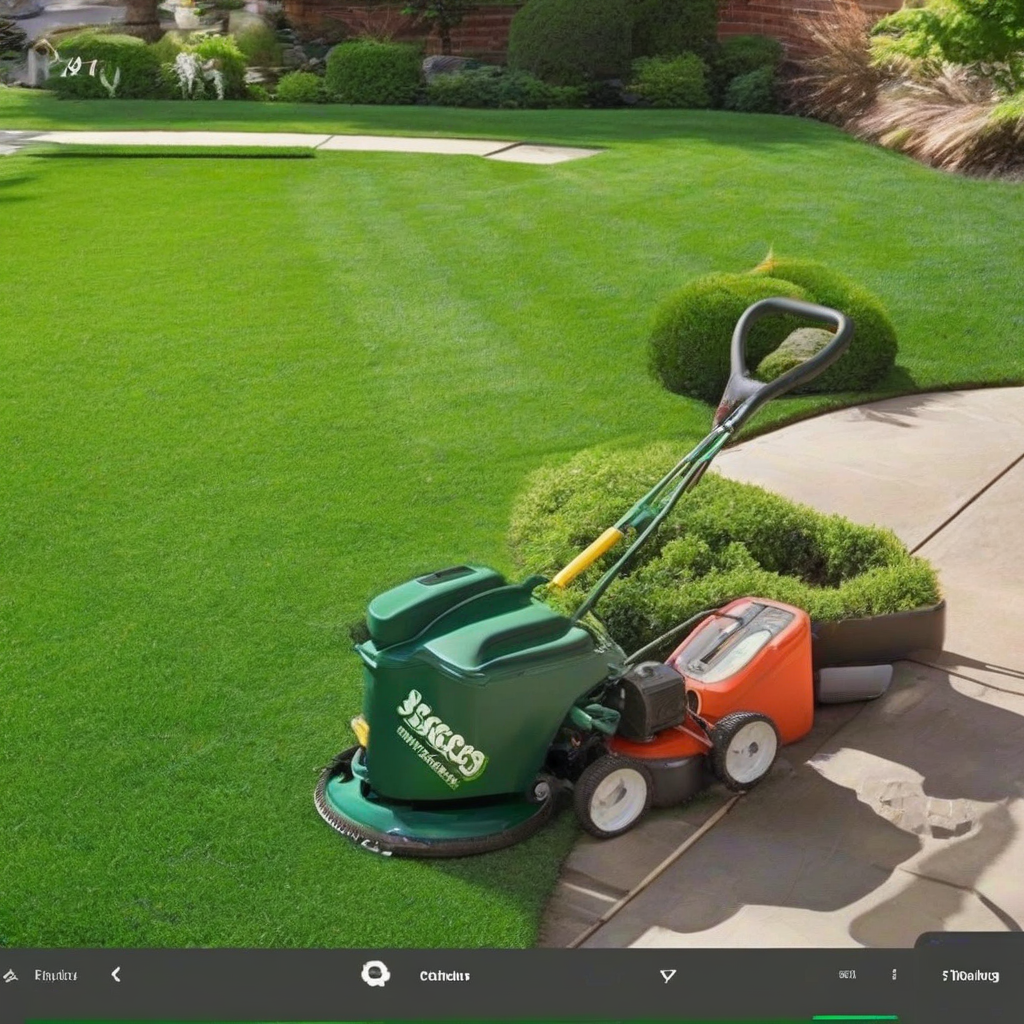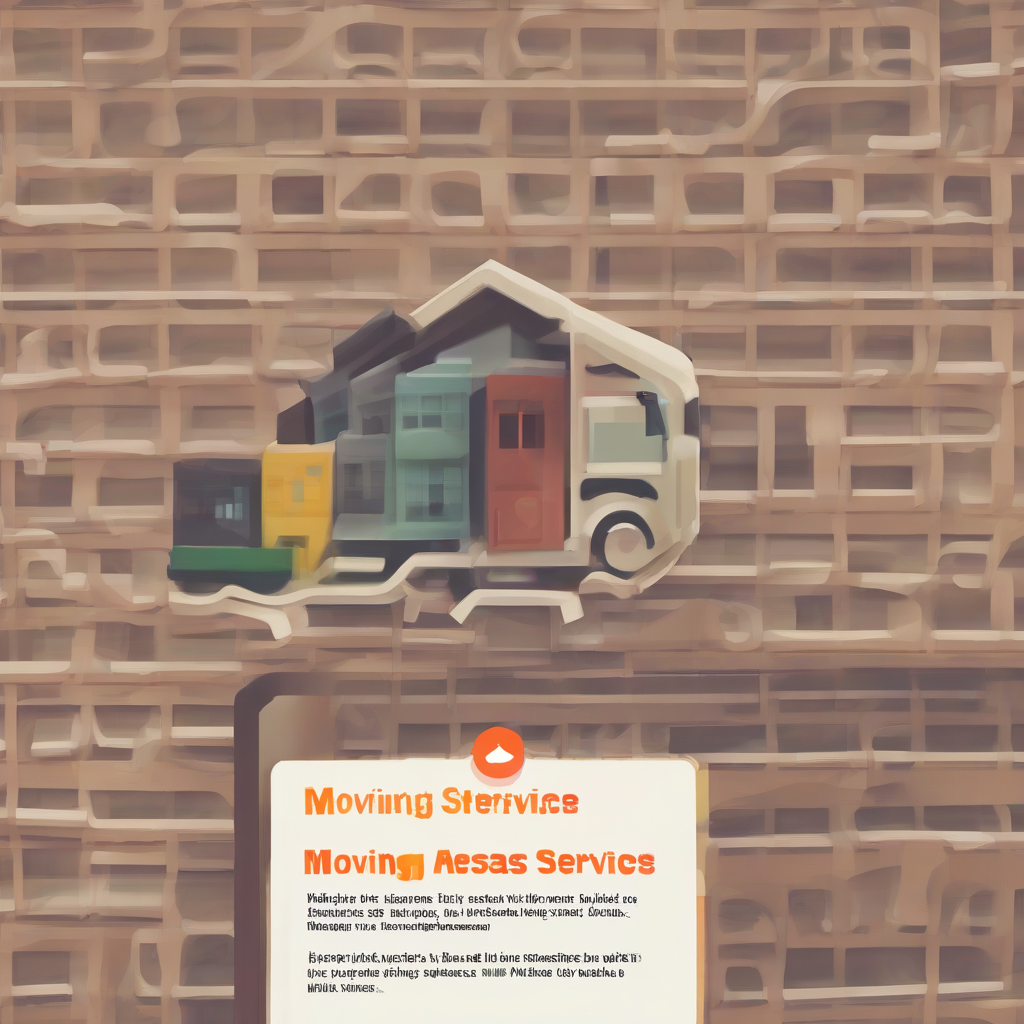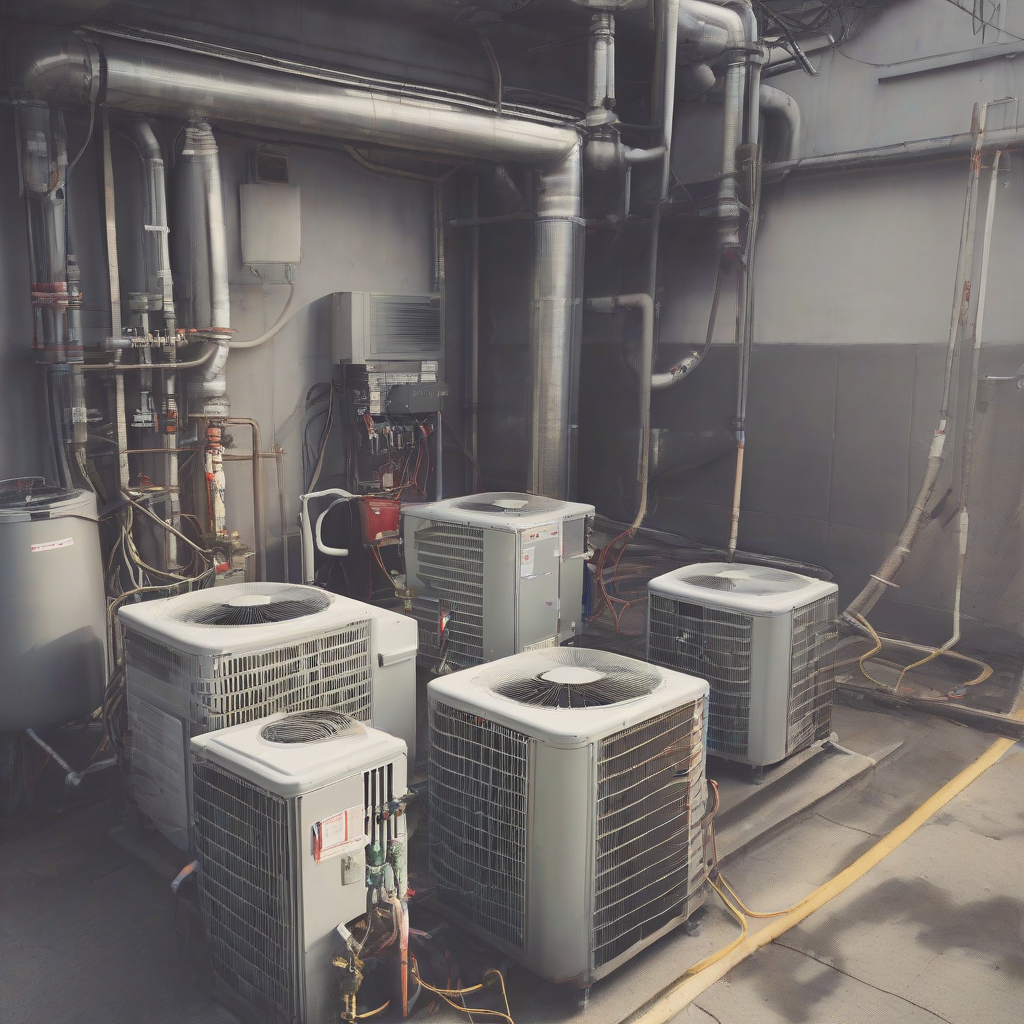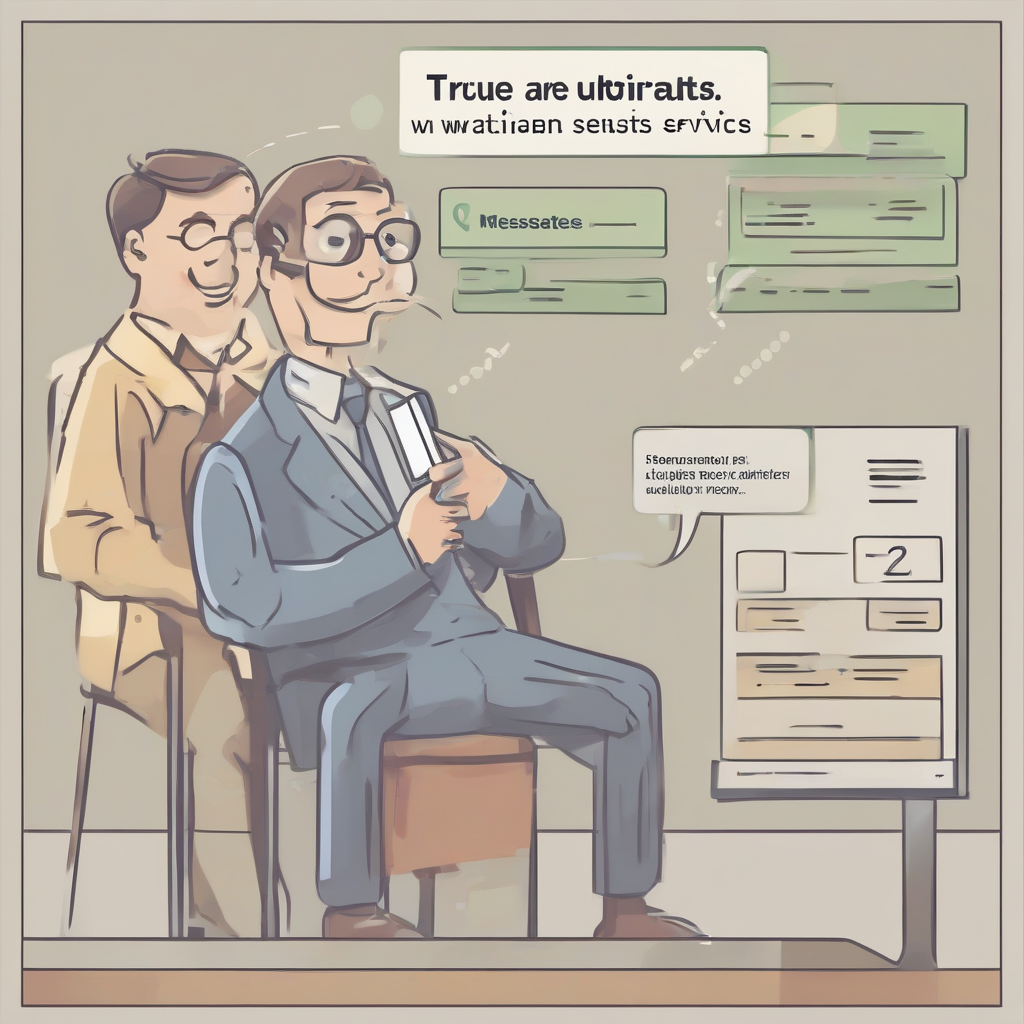Unlocking Sparkling Clean Spaces: Your Guide to Commercial Floor Cleaning Services

Unlocking Sparkling Clean Spaces: Your Guide to Commercial Floor Cleaning Services
Maintaining pristine floors in a commercial setting is more than just aesthetics; it's a crucial aspect of creating a healthy, productive, and positive environment. From boosting employee morale and enhancing customer experience to mitigating safety risks and extending the lifespan of your flooring, the right commercial floor cleaning services are an invaluable investment. This comprehensive guide delves into the intricacies of selecting, managing, and optimizing these services to meet your specific needs and budget.
Understanding Your Flooring Needs
The first step in securing effective commercial floor cleaning services is accurately assessing your flooring type. Different materials require different cleaning methods and products to prevent damage and maintain their shine. Understanding your floor's composition is crucial for selecting the appropriate service provider.
- Hardwood Floors: Require specialized cleaning solutions and techniques to avoid scratching and damaging the finish. Regular dusting and occasional deep cleaning are essential.
- Tile and Grout: Prone to grime and bacteria buildup in grout lines. Professional cleaning often involves specialized equipment and detergents to remove stubborn stains and restore shine.
- Carpet: Regular vacuuming is crucial to remove loose dirt and debris. Professional steam cleaning removes deep-seated dirt, allergens, and stains, improving air quality and extending carpet lifespan.
- Vinyl and Linoleum: Relatively low-maintenance but still benefit from regular sweeping and mopping. Aggressive cleaning can damage these materials, so choosing a service provider with experience in this flooring type is critical.
- Concrete: Often found in industrial settings, concrete floors require specialized cleaning to remove heavy grime, oil stains, and other industrial pollutants. This may involve power washing or other industrial-strength methods.
Choosing the Right Commercial Floor Cleaning Service
Selecting the right commercial floor cleaning service can significantly impact the cleanliness and longevity of your floors. Consider these factors when making your decision:
- Experience and Reputation: Research potential providers, reading online reviews and checking references. Look for companies with a proven track record of success and positive customer feedback.
- Services Offered: Ensure the provider offers the specific services you need, such as stripping and waxing, carpet cleaning, grout cleaning, and specialized treatments for your flooring type.
- Equipment and Technology: Modern cleaning equipment and techniques contribute to efficiency and effectiveness. Inquire about the tools and methods the provider uses, ensuring they are appropriate for your floor type and the scale of your facility.
- Cleaning Products: Safe and eco-friendly cleaning products are vital, especially in environments with high foot traffic or sensitive individuals. Ask about the products used and their environmental impact.
- Insurance and Licensing: Verify the provider has the necessary insurance coverage to protect your business from potential liabilities. Proper licensing and certifications demonstrate professionalism and adherence to industry standards.
- Pricing and Contracts: Obtain detailed quotes from several providers, comparing pricing structures, service frequency, and contract terms. Clarify all aspects of the agreement before signing.
- Customer Service: A responsive and reliable service provider is crucial. Assess the provider's communication style and responsiveness to inquiries to ensure a smooth and hassle-free experience.
Types of Commercial Floor Cleaning Services
Commercial floor cleaning services encompass a wide range of specialized techniques tailored to different floor types and cleaning needs. Understanding these options allows you to make informed decisions when selecting a provider.
- Regular Cleaning: This involves routine sweeping, vacuuming, and mopping to maintain cleanliness and prevent dirt buildup. Frequency varies based on foot traffic and the type of flooring.
- Deep Cleaning: A more intensive cleaning process aimed at removing embedded dirt, stains, and grime. This often involves specialized equipment and cleaning solutions and may be required periodically or after significant events.
- Floor Stripping and Waxing: Used for hard floors like vinyl and hardwood, this process involves removing old wax layers and applying new ones to restore shine and protect the floor's surface.
- Carpet Cleaning: Various methods are available, including hot water extraction (steam cleaning), dry cleaning, and bonnet cleaning. The best method depends on the carpet type and the level of soiling.
- Grout Cleaning: Specialized cleaning techniques and products are used to remove stubborn stains, mildew, and discoloration from grout lines. This is crucial for maintaining hygiene and restoring the appearance of tile floors.
- Hard Surface Cleaning: This encompasses various methods for cleaning hard surfaces, including polishing, buffing, and scrubbing, depending on the specific material.
- Specialty Cleaning: This category includes services for tackling specific challenges, such as removing gum, graffiti, or other stubborn stains.
Managing Your Commercial Floor Cleaning Services
Effective management of your commercial floor cleaning services ensures consistent cleanliness and protects your investment in your flooring. Consider these aspects:
- Scheduling and Frequency: Determine the optimal frequency of cleaning based on foot traffic, industry standards, and your specific needs. Regular cleaning helps prevent buildup and reduces the need for more intensive cleaning in the future.
- Communication: Maintain clear and open communication with your chosen service provider. This involves providing feedback, addressing concerns, and scheduling service calls promptly.
- Monitoring and Inspection: Regularly inspect your floors to identify any issues and ensure the cleaning services are meeting your standards. This helps to proactively address problems and prevent larger issues.
- Record Keeping: Maintain records of cleaning schedules, service calls, and costs. This information is valuable for budgeting, tracking performance, and making informed decisions about future services.
- Employee Training: If your staff is responsible for any aspects of floor maintenance, provide them with the necessary training and guidelines to avoid damaging your floors or compromising safety.
Cost Considerations for Commercial Floor Cleaning Services
The cost of commercial floor cleaning services varies considerably depending on several factors. Understanding these factors helps you budget effectively and negotiate favorable rates.
- Size of Facility: Larger facilities naturally require more time and resources, resulting in higher cleaning costs.
- Type of Flooring: Specialized cleaning methods for different flooring types can significantly impact the cost. For example, carpet cleaning typically costs more than mopping hard floors.
- Frequency of Cleaning: More frequent cleaning sessions naturally translate to higher costs.
- Level of Cleaning: Deep cleaning or specialized services like stripping and waxing are more expensive than routine cleaning.
- Additional Services: Costs can increase with additional services like window cleaning, restroom sanitization, or trash removal.
- Location: Service providers in different geographic areas may have varying pricing structures due to factors such as labor costs and overhead expenses.
Safety and Environmental Considerations
Ensuring a safe and environmentally responsible cleaning process is crucial for both employee well-being and environmental sustainability. Consider these points:
- Safe Cleaning Products: Insist on the use of cleaning products that are non-toxic and environmentally friendly. Look for products with eco-labels and low VOC (volatile organic compound) content.
- Proper Waste Disposal: Ensure the service provider follows proper procedures for disposing of cleaning solutions and waste materials to prevent environmental contamination.
- Safety Protocols: The cleaning process should adhere to strict safety protocols to minimize risks of slips, trips, and falls. This includes proper signage, wet floor warnings, and appropriate safety equipment.
- Employee Safety: The service provider should prioritize employee safety by providing proper training, personal protective equipment (PPE), and safe working practices.
The Long-Term Benefits of Professional Commercial Floor Cleaning
Investing in high-quality commercial floor cleaning services offers numerous long-term benefits that extend beyond just a clean and polished look. These benefits include:
- Extended Floor Lifespan: Regular professional cleaning prevents premature wear and tear, significantly extending the lifespan of your flooring investment.
- Improved Employee Morale: A clean and pleasant work environment positively impacts employee morale, productivity, and overall well-being.
- Enhanced Customer Experience: Cleanliness is a key factor in creating a positive customer experience, contributing to a more welcoming and professional atmosphere.
- Reduced Health Risks: Regular cleaning helps reduce the spread of germs and allergens, creating a healthier work environment and minimizing health risks for both employees and customers.
- Increased Property Value: Well-maintained floors contribute significantly to the overall value and attractiveness of your commercial property.
- Compliance with Regulations: In certain industries, maintaining high standards of cleanliness is essential for regulatory compliance.
By carefully considering these aspects and selecting a reliable service provider, you can ensure your commercial floors remain clean, safe, and contribute to a thriving and productive environment.
What's Your Reaction?















